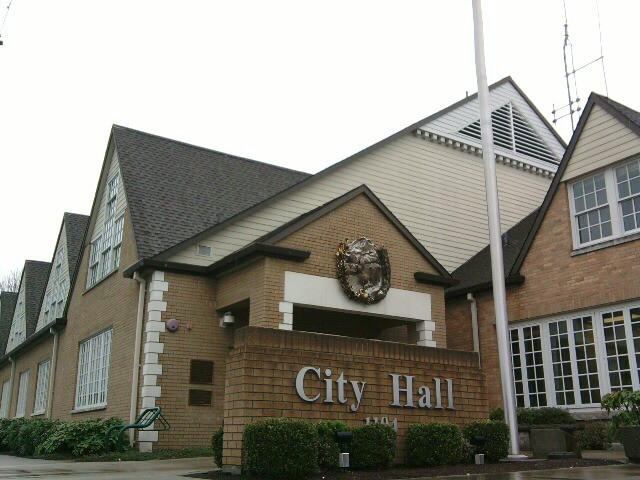Sumner city Councilman Randy Hynek thinks sitting elected officers should tell the public ahead of time when they will not file for reelection.
Hynek stated his intent at last night’s study session to submit an amendment to council norms requiring members not seeking reelection to publicly state they will not run 30 days before the filing deadline.
The council has been in the process of updating it’s rules of order and norms. The changes will go to a vote Monday.
Circumstances indicate that Hynek’s decision to submit an amendment may have been prompted by outgoing Councilman Leroy Goff’s last minute decision not to run for reelection, and Goff said as much at the session.
“This is clearly targeting me,” he said.
Hynek maintained he was not targeting Goff; rather that he was trying to correct the process. He appeared upset that Goff had said he was making a targeted attack.
Hynek had said in his report at the July 18 council meeting that he had become aware of elected officials keeping their intent to retire secret from everyone except the candidate they would like to succeed them.
In theory, such action would shrink the field of candidates as a derivative consequence of the incumbency effect.
The incumbency effect, in civics study, is the general pattern of advantage to to the candidate for an elected office whom already holds that seat.
Hynek’s argument is citizens who might otherwise file to run for an elected position could be discouraged from doing so if they’re not aware the incumbent’s plans to relinquish his seat; either because they are happy with the incumbent’s performance and assume he’ll continue doing so, or because they don’t think they would win against an incumbent rival.
However, the incumbency effect is an academic theory and not a codified part of national, state or local election laws.
Hynek’s amendment wouldn’t technically have legal weight, either; it would change the council norms, not the rules. Council norms, as opposed to the Council Rules of Order, are matters of courtesy placed into writing.
Nevertheless, some members of council disagreed with the intent of the amendment.
“The point I’m trying to make here is I don’t believe anybody should try to legislate something that we can do as candidates,” Goff said. “All four positions were open to anyone who wanted to run.
“I don’t think [the rules] should point out one candidate who wants to wait to the last minute to decide [whether to run].”
Councilwoman Cindi Hochstatter also disagreed with the potential amendment, saying that she believed if a candidate announced they would not run and then changed their mindsósomething they would still legally be allowed to do under state lawóthey would look dishonest. She related her own experience of indecision on whether to run for reelection.
“I honestly thought I would not run and I told people that for a long time,” she said. “I think to have something that pertains just to us, different from state laws, is trying to manipulate things in a certain way.
“It’s not a commitment thing I guess; it’s not a legal thing. But it could make a candidate look like they’re not being truthful. I know my mind changed and I decided I wanted to sign up.”
What do you think? Do elected officials have an obligation to publicly announce they will not run? Should that be codified? Let us know in the comments section below or by writing a letter to dnash@courierherald.com.



